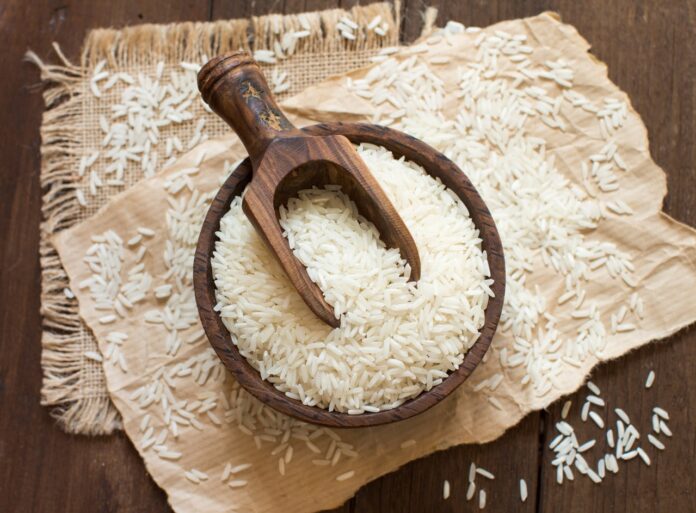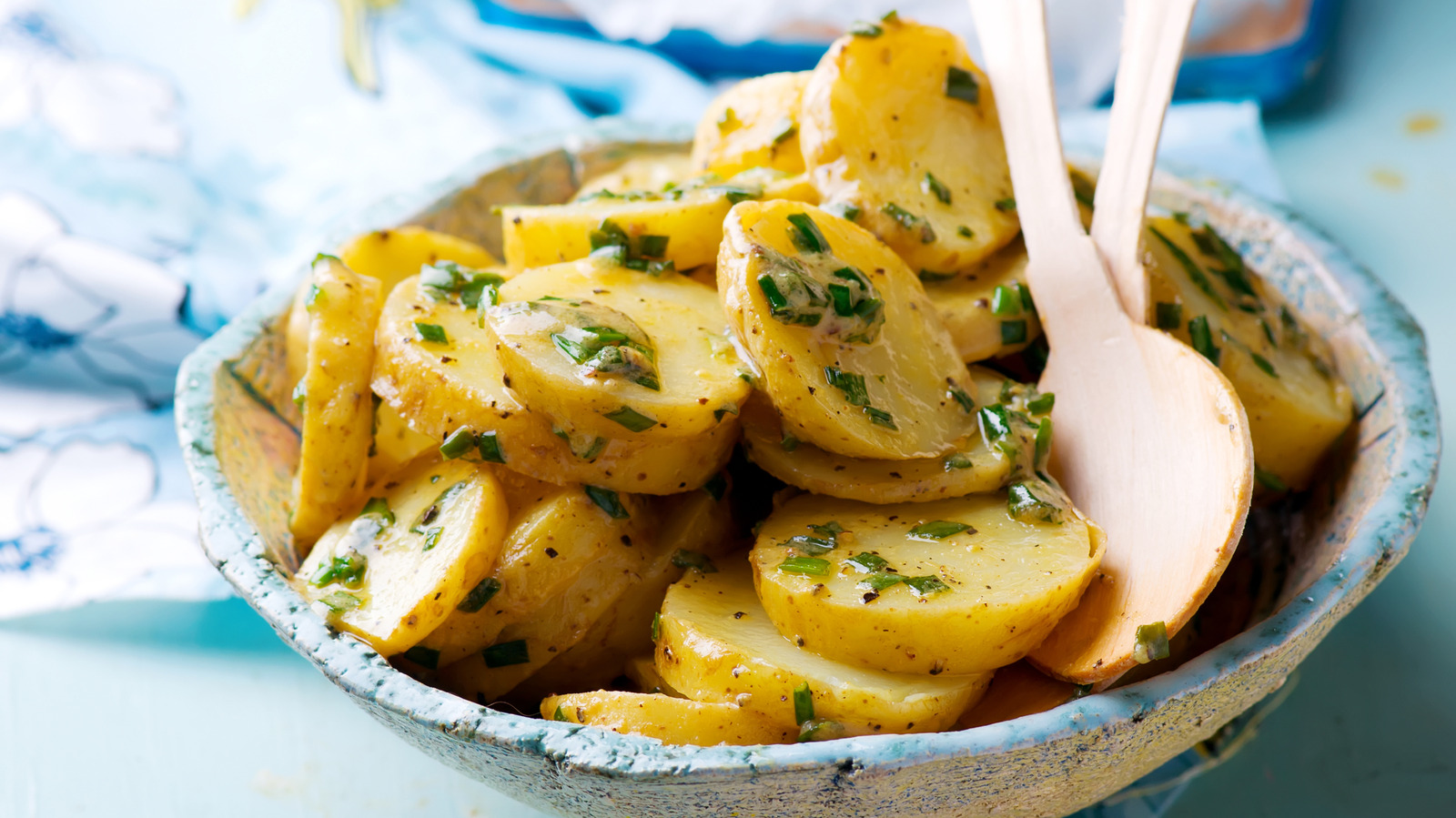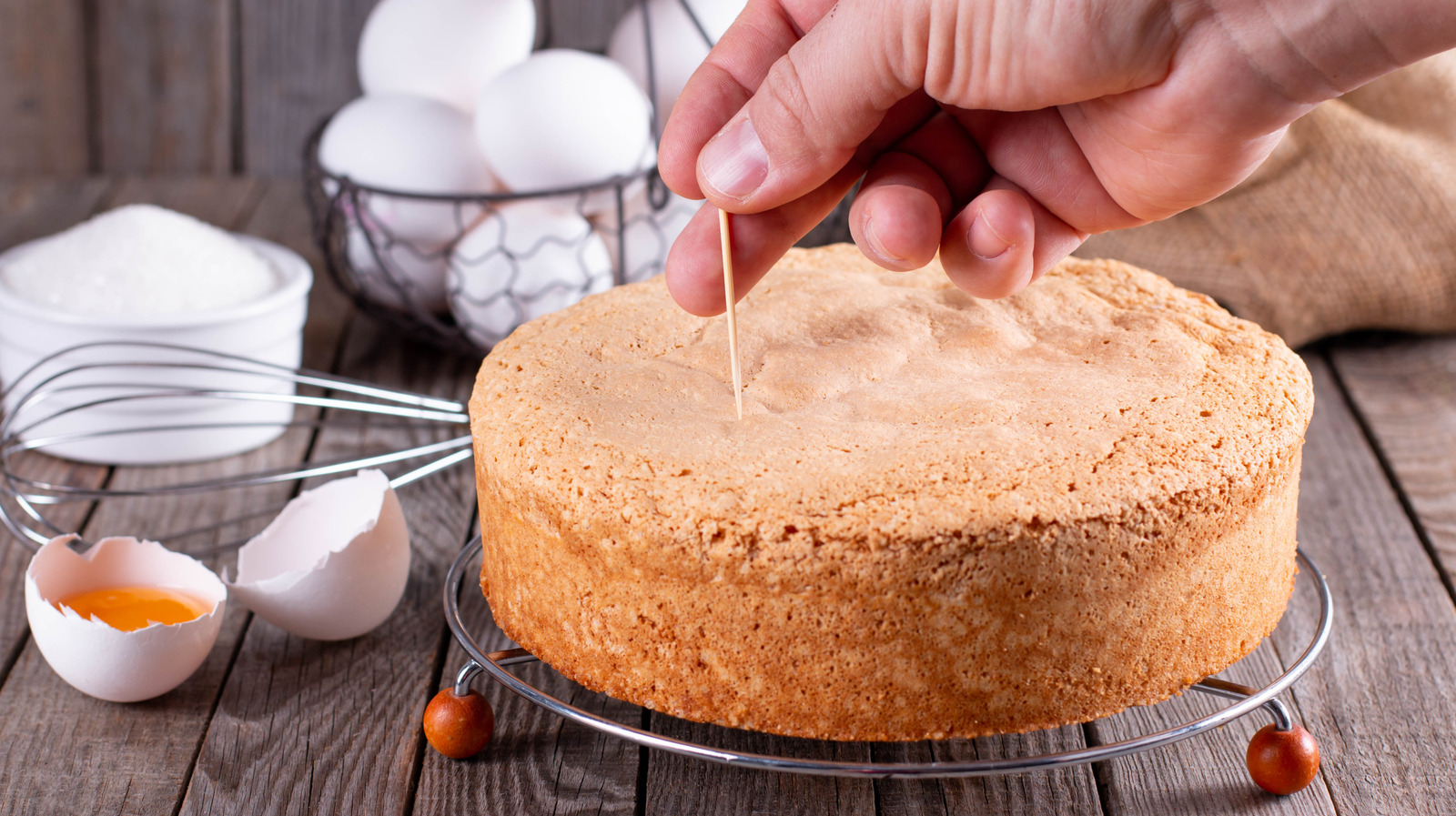Overall rice exports rise by 21.78%, set to surpass 773,000 tonnes in FY25; Basmati exports dominate EU and UK markets, capturing 67% share. By Monitoring Desk Pakistan’s rice exports surged by 21.
78% in the first nine months of fiscal year 2024-25 (July-March), with total exports surpassing 773,000 tonnes from the previous year, according to the latest data. The rice sector has demonstrated remarkable resilience in the face of global market turbulence and stiff competition, positioning itself for record exports despite the return of India to the rice export market. Rice exporters and analysts credit the sector’s shift towards quality over price competition for its success in navigating the challenges brought on by India’s decision to lift its rice export ban in September 2024.

Following India’s decision to lift the ban and scrap its Minimum Export Price (MEP) ceiling, analysts had predicted a collapse in Pakistan’s rice exports. But rather than engage in a price war, Pakistan focused on maintaining quality and consistency. As of March 2025, Pakistan controls 67% of the basmati brown rice market in the European Union and the UK, where quality standards are stringent.
Despite Pakistani rice being sold at a premium of $100 per tonne over India’s, consumers are willing to pay the higher price for consistent quality. Non-basmati rice, however, faced more difficulties due to limited domestic production, and lowering prices risked hurting farmers’ incomes. Nonetheless, Pakistan still managed to export 663,000 tonnes of non-basmati rice between July and March, up 118,577 tonnes year-on-year.
Additionally, Pakistan’s currency stability provided an edge over India’s depreciating rupee, allowing its exporters to maintain competitive pricing. Basmati rice in the UAE and Iran, for instance, now commands a premium of up to $210 per tonne over competitors. Looking ahead, Pakistan is on track to exceed last year’s basmati export record by the end of FY25.
While Pakistan’s rice sector is thriving, risks remain. India’s vast production capacity could flood the market if prices drop, and climate change poses a long-term threat to yields. Published Date: April 24, 2025.
Food

Pakistan’s rice sector defy challenges, poised for record exports despite India’s return

Overall rice exports rise by 21.78%, set to surpass 773,000 tonnes in FY25; Basmati exports dominate EU and UK markets, capturing 67% share. By Monitoring Desk Pakistan’s rice exports surged by 21.78% in the first nine months of fiscal year 2024-25 (July-March), with total exports surpassing 773,000 tonnes from the previous year, according to the [...]The post Pakistan’s rice sector defy challenges, poised for record exports despite India’s return appeared first on Rice News Today.















